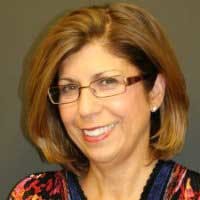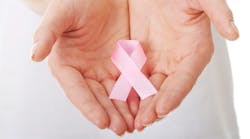100 years of dental hygiene: What can we do to thrive, not just survive?
In 1906, Dr. Fones trained the first dental hygienist. It was not a time when many women worked outside of the home. In fact, in 1920 about 21% of the workforce was comprised of women.(1) Three out of four women were working in domestic service, farming or factory work and most single women workers usually stopped working when they got married. Occasionally widows or women whose husbands could not find employment often went back to work.
There are many hygienists looking for jobs, and I know they are feeling frustrated and discouraged. Dental hygienists, who want to excel in the work place and the world, must continue their education and find their niche in the marketplace. It is important to be confident about our worth in the dental practice and then relay this information to the practice owner. It is easy enough to track the treatments we have recommended and which patients followed through with our suggested treatment. This translates to dollars for the practice and makes the dental hygienist a valuable asset. The most important thing of all is to continue our education. I believe this is the most critical component in helping our profession thrive and not just survive, and there are many ways to do this beyond the required Continuing Education Units (CEUs).
Laurie now
Working out of an office setting is something we are seeing ever more. Dental hygienists are working as consultants, salespeople, educators, speakers and business owners. Having an RDH credential should be looked at as a beginning, not the end goal. We can make ourselves more desirable by discovering our passion and thinking out of the box to find our place in the business world.
In addition, in a clinical dental or dental hygiene practice setting, we need to help make the office where we practice stand out from other practices in the area. There are new products that we can use to monitor systemic health and bring a new kind of business to the dental practice.
For the profession of dental hygiene to move forward, we need to work on gaining confidence and self-esteem, and be independent thinkers. I believe the original description of our job is still the essence of how we will carry on into the future. The big difference is that we will support our patients' overall health through disease prevention. We can no longer just address dental caries and periodontal disease as if the head were an island. I equate oral health to the canary in a coal mine. When oral health is poor, the rest of the body will suffer in some way as well.
If Dr. Fones were alive today, I think he would be pleased to see many of the amazing advances in dentistry and dental hygiene. New products and technology are exciting and sometimes fun. But like me, he would probably want more. The total health and wellness of our patients is at risk and we need to be part of the solution. To achieve this we need to stay focused on the goal of serving our patients and preventing disease. We have all the tools, now we just need to make the commitment.
Let’s take dental hygiene to the next dimension. Find your passion and do something with that, the next generation is counting on us.
References
1. http://www.dol.gov/wb/info_about_wb/interwb.htm
2. http://www.cdha-rdh.com/home/historyofdentalhygiene.html








